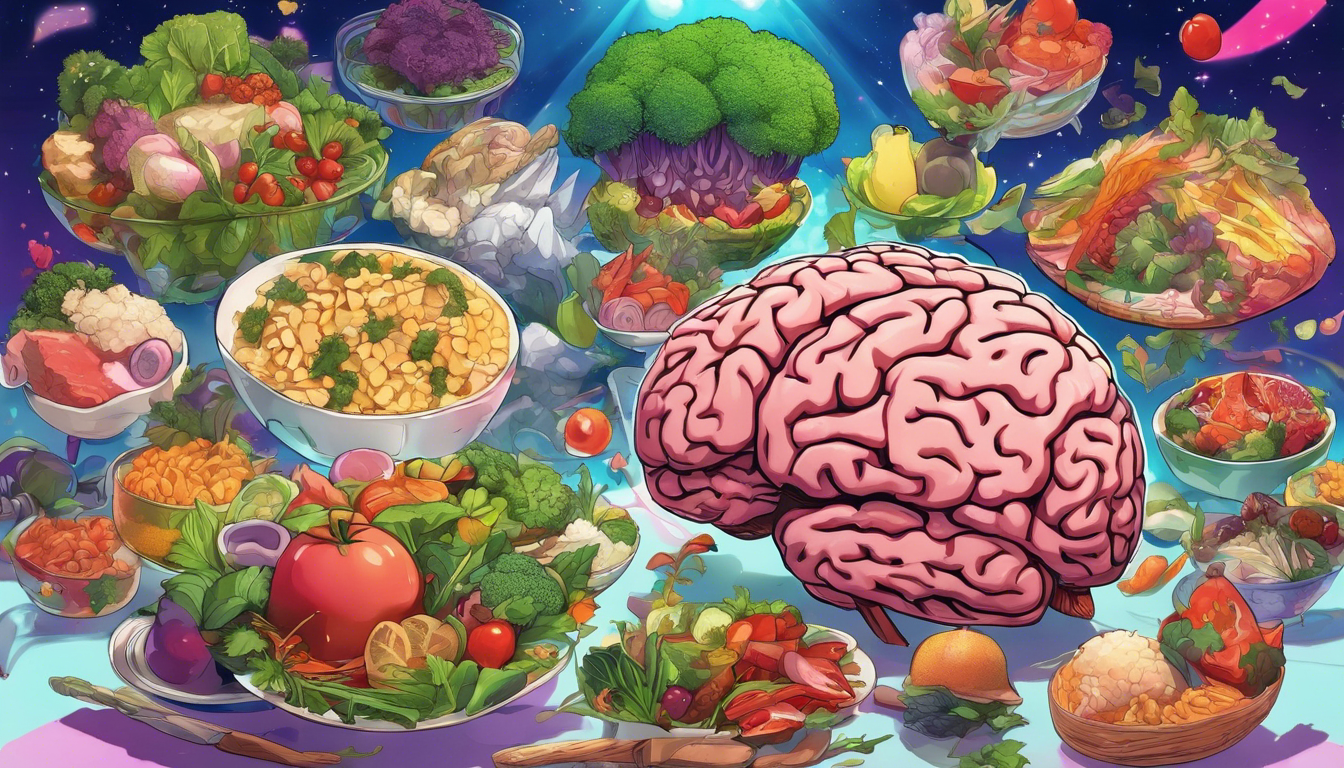
There are many misconceptions surrounding vegan diets and their impact on brain function. This article aims to debunk common myths and provide factual information about the vegan diet.
Myth 1: Vegan diets lack essential nutrients necessary for brain health
One common myth is that vegan diets are deficient in important nutrients such as omega-3 fatty acids, vitamin B12, and iron, leading to impaired brain function. However, with careful planning, it is entirely possible to obtain all the necessary nutrients from a well-balanced vegan diet.
Omega-3 fatty acids can be found in various plant-based sources, including flaxseeds, chia seeds, walnuts, and algae-derived supplements. Additionally, vitamin B12, which is primarily found in animal products, can be easily obtained through fortified vegan foods or supplements.
Iron is another nutrient that people often associate with meat consumption. However, there are plenty of plant-based iron sources such as beans, lentils, spinach, and tofu. Combining these foods with vitamin C-rich options, like citrus fruits or bell peppers, can enhance iron absorption in the body.
Myth 2: Vegan diets lead to cognitive decline
Another prevalent myth suggests that a vegan diet can negatively impact cognitive function. However, research has shown that well-planned vegan diets can actually be beneficial for brain health.
Several studies indicate that plant-based diets, rich in fruits, vegetables, whole grains, and legumes, may reduce the risk of developing cognitive impairments such as dementia and Alzheimer’s disease. These diets are typically high in antioxidants and anti-inflammatory compounds, which contribute to overall brain health.
Moreover, plant-based diets have been associated with improved blood flow to the brain and reduced risk factors for cognitive decline, such as hypertension and obesity. This suggests that a vegan diet, when properly balanced, can support, rather than hinder, brain function.
Myth 3: Vegan diets lack protein necessary for optimal brain function
Protein is an essential nutrient for proper brain function, and some people worry that vegan diets do not provide sufficient protein. However, this is a misconception.
Plant-based sources of protein, such as beans, legumes, tofu, tempeh, seitan, and quinoa, can easily meet the daily protein requirements of most people. A varied vegan diet that incorporates a good mix of these protein-rich foods ensures an adequate intake of amino acids necessary for optimal brain health.
It’s worth noting that excessive protein intake from animal sources has been linked to cognitive decline and an increased risk of developing neurological disorders. Thus, adopting a balanced vegan diet can provide ample protein for brain function while offering other health benefits.
Despite common misconceptions, well-planned vegan diets can provide all the essential nutrients needed for optimal brain function. By incorporating a variety of plant-based foods rich in omega-3 fatty acids, vitamin B12, iron, and protein, people can support their brain health while enjoying the numerous benefits of a vegan lifestyle.